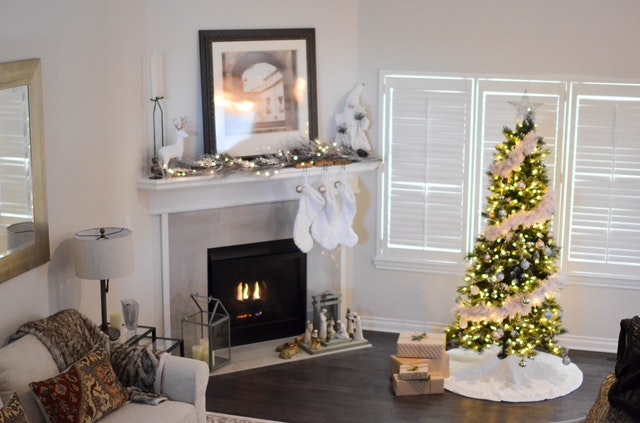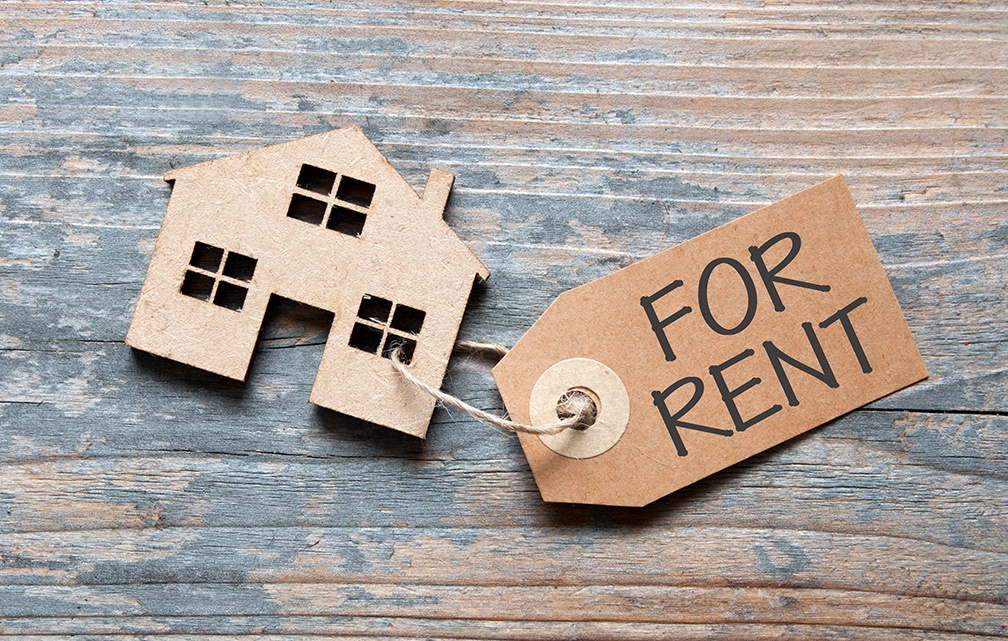 One of the top ways to build wealth is to own a home; however, it can be challenging to qualify for a home loan. Not everyone has the finances to maintain a house, and some people might not be ready to settle down for a prolonged amount of time. Therefore, everyone has to think carefully before deciding homeownership is the right move. What are the top signs that someone is ready to be a homeowner?
One of the top ways to build wealth is to own a home; however, it can be challenging to qualify for a home loan. Not everyone has the finances to maintain a house, and some people might not be ready to settle down for a prolonged amount of time. Therefore, everyone has to think carefully before deciding homeownership is the right move. What are the top signs that someone is ready to be a homeowner?
There Is Enough Money for a Down Payment
One of the top signs that someone is ready to be a homeowner is that they have enough money for a down payment. Even though it might be possible for someone to qualify for a first-time home loan with only 3.5 percent down, this might not be the best financial move. Putting more money down could secure a lower interest rate, helping someone save thousands of dollars over the life of the loan.
The Credit Score Is High Enough
For someone to afford a home, they need to have a solid credit score. A credit score is a reflection of someone’s financial character. Most lenders have a minimum credit score someone has to achieve before they can qualify for a home loan. There are many credit monitoring systems that will provide a free credit report, so potential homeowners should frequently check the report and make sure there are no inaccuracies. Then, when the credit score is high enough, it might be time to apply for a home loan.
Geographic Stability
Finally, potential homeowners should make sure they are going to stay in one place for the foreseeable future. There is not a lot of stability when renting. A landlord could decide to terminate the lease, or they could decide to sell the property entirely. This is not an issue with homeownership. If someone is not planning on moving in the near future, they should consider buying a house.
Consider The Prospect Of Homeownership
These are a few of the top signs someone is ready to own a home. Anyone who is tired of throwing money away on rent should consider purchasing a home instead. This is one of the top ways to build wealth and save for retirement.
 One of the most common dreams is homeownership; however, the cost of buying a house is rising quickly, and many children cannot afford to buy a house even after they finish school. They might be encumbered with student loans, and they could have a difficult time finding a job. Fortunately, there are ways parents can help their adult children buy a home.
One of the most common dreams is homeownership; however, the cost of buying a house is rising quickly, and many children cannot afford to buy a house even after they finish school. They might be encumbered with student loans, and they could have a difficult time finding a job. Fortunately, there are ways parents can help their adult children buy a home. Everyone is looking for something slightly different in a home. Even though the location is still the most important factor, some people have specific criteria they require. For example, those who love the water might be looking for a house with parking for boats and RVs.
Everyone is looking for something slightly different in a home. Even though the location is still the most important factor, some people have specific criteria they require. For example, those who love the water might be looking for a house with parking for boats and RVs. There are many reasons why people need to move. Some people might be moving to be closer to a school. Other people might be moving to live closer to family members. Some people might have gotten a job in another state. Purchasing a home in another state can be a challenge, but technology has made it easier. Even though a lot of people still prefer to see a potential home in person, it is possible to take a virtual tour of a house. As a result, some people purchase homes they have never seen in person. On the other hand, there are many challenges that come with purchasing a house in another state. What can potential homeowners do to make the process easier?
There are many reasons why people need to move. Some people might be moving to be closer to a school. Other people might be moving to live closer to family members. Some people might have gotten a job in another state. Purchasing a home in another state can be a challenge, but technology has made it easier. Even though a lot of people still prefer to see a potential home in person, it is possible to take a virtual tour of a house. As a result, some people purchase homes they have never seen in person. On the other hand, there are many challenges that come with purchasing a house in another state. What can potential homeowners do to make the process easier? It is true that the summer months are a hot time for the real estate market. Many families with children prefer to move during the summer because they do not have to pull their kids out of school. On the other hand, it is possible to sell a home during the holidays. There are fewer homes on the market, so this could drive up prices. What are a few tips homeowners should follow for selling their houses around the holidays?
It is true that the summer months are a hot time for the real estate market. Many families with children prefer to move during the summer because they do not have to pull their kids out of school. On the other hand, it is possible to sell a home during the holidays. There are fewer homes on the market, so this could drive up prices. What are a few tips homeowners should follow for selling their houses around the holidays? The real estate market has gone through a number of changes during the past few months. When inventory is low, sellers win. They have the ability to pick a buyer, they can make more money, and they can sell a house faster. What are some of the biggest reasons why sellers win when inventory is low?
The real estate market has gone through a number of changes during the past few months. When inventory is low, sellers win. They have the ability to pick a buyer, they can make more money, and they can sell a house faster. What are some of the biggest reasons why sellers win when inventory is low?  Rent has gone up significantly during the past year. Even though it is not unusual for rent to go up over time, the average rent across the country has increased significantly during the past year. This means that the average rent will probably be even higher next year than it is this year. Even though this is one of the biggest deterrents against renting, there are other reasons to get out of the rental market as well.
Rent has gone up significantly during the past year. Even though it is not unusual for rent to go up over time, the average rent across the country has increased significantly during the past year. This means that the average rent will probably be even higher next year than it is this year. Even though this is one of the biggest deterrents against renting, there are other reasons to get out of the rental market as well.  Many first-time homebuyers are having a difficult time finding the right purchase. Therefore, a new trend is catching on. Some people are renting in the city, where property values are more expensive. Then, they buy a vacation home in the suburbs. Is it smart to buy a second home as a first home?
Many first-time homebuyers are having a difficult time finding the right purchase. Therefore, a new trend is catching on. Some people are renting in the city, where property values are more expensive. Then, they buy a vacation home in the suburbs. Is it smart to buy a second home as a first home?  The most popular time of year to sell a home is the summer. There are a lot of families with children who prefer to move during the summer because they do not want to move their children during the school year. In contrast, many people do not like to move during the winter. It can be difficult to request extra time off of work, particularly during the holiday season. At the same time, it is still possible to sell a home during the winter. What are a few tips homeowners need to follow to sell a home during the winter?
The most popular time of year to sell a home is the summer. There are a lot of families with children who prefer to move during the summer because they do not want to move their children during the school year. In contrast, many people do not like to move during the winter. It can be difficult to request extra time off of work, particularly during the holiday season. At the same time, it is still possible to sell a home during the winter. What are a few tips homeowners need to follow to sell a home during the winter?  There are many people who are thinking about buying a home for the first time. Even though this is an exciting experience, there are also people who develop anxiety when purchasing a home. This is a major financial decision, and it is critical to get it right. What do people need to do if they want to overcome anxiety as first-time homebuyers?
There are many people who are thinking about buying a home for the first time. Even though this is an exciting experience, there are also people who develop anxiety when purchasing a home. This is a major financial decision, and it is critical to get it right. What do people need to do if they want to overcome anxiety as first-time homebuyers?